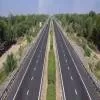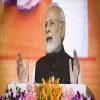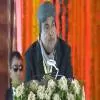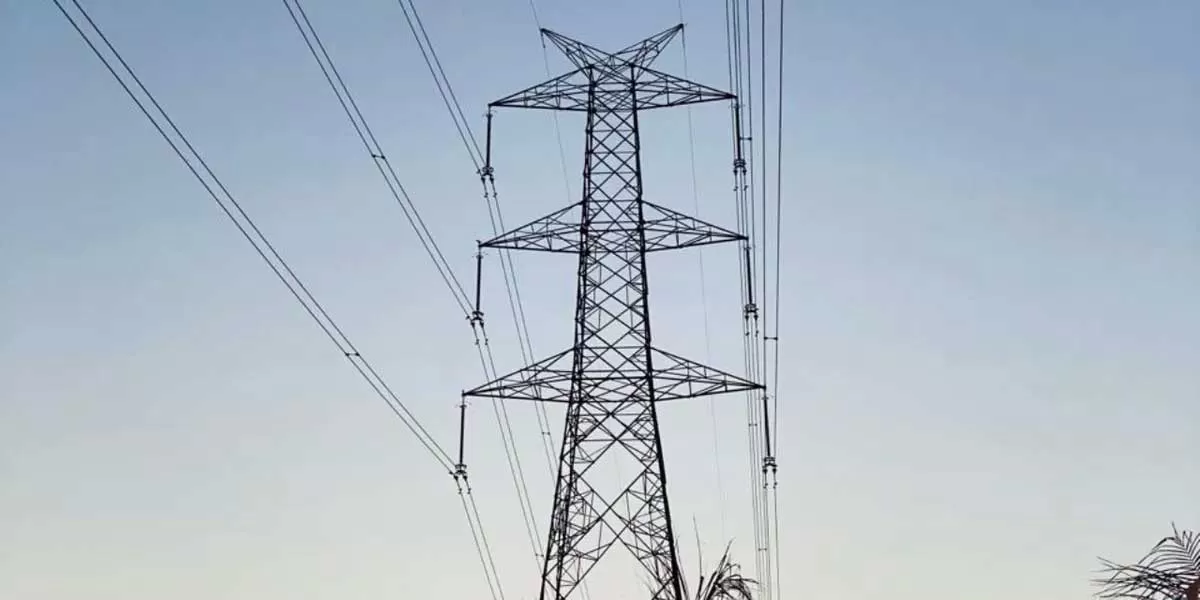
Delhi Sees 6-8% Hike in Electricity Bills Due to PPAC Revision
Redefine the future of urban mobility! Join us at the Metro Rail Conference 2025 to explore groundbreaking ideas and insights. 👉 Register today!
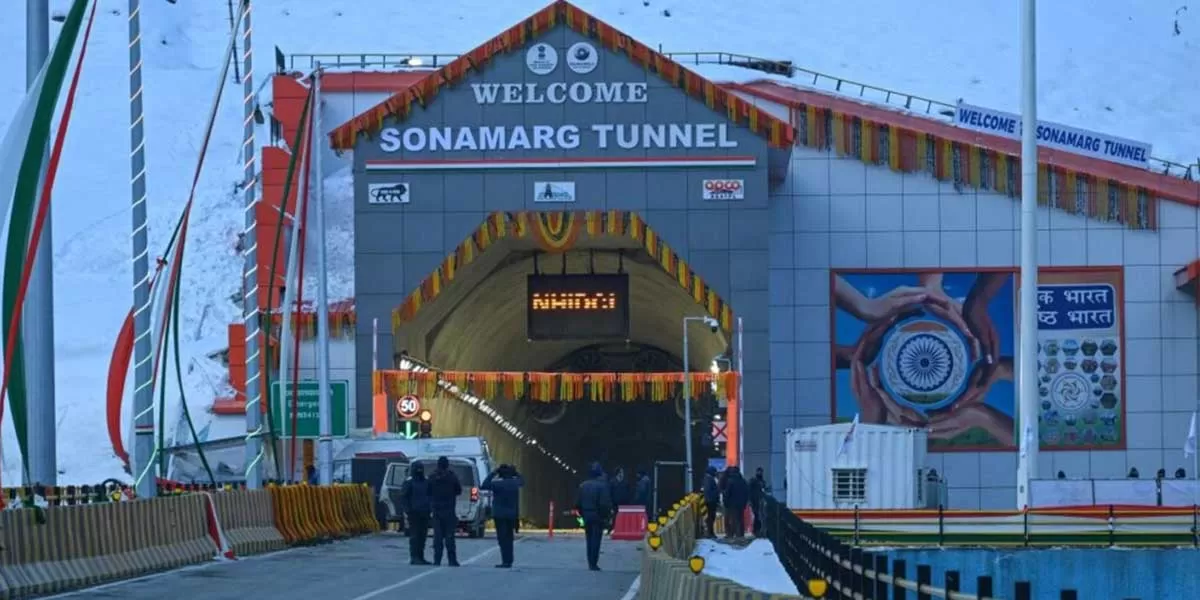
PM Modi Opens Sonamarg Tunnel, Announces Infrastructure Boost for J&K
Prime Minister Narendra Modi inaugurated the Sonamarg tunnel in Jammu and Kashmir on Monday, marking the beginning of transformative infrastructure development in the Union Territory. The new initiatives aim to boost tourism and significantly reduce travel time between Srinagar and Leh. Union Road Transport Minister Nitin Gadkari announced timelines for over a dozen major projects, including highways, tunnels, and ropeways, collectively valued at approximately Rs 1 trillion. Speaking at Sonamarg, Modi highlighted J&K's emergence as a hub for tunnels, high-bridges, and ropeways, wi..
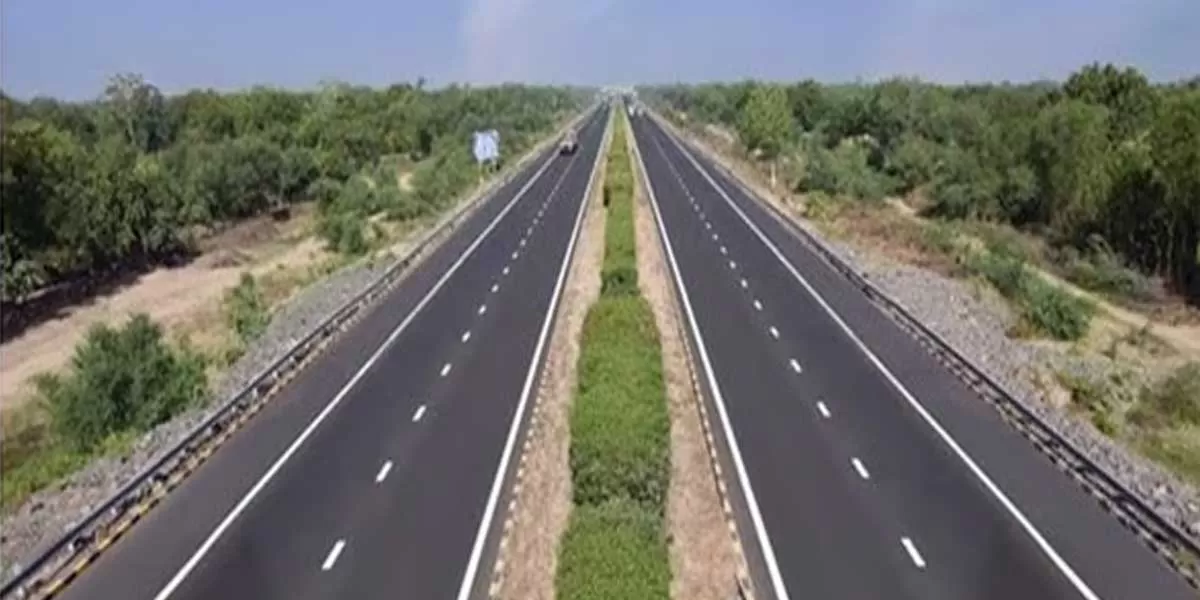
Telangana CM Seeks Regional Ring Road and Rail Support for Hyderabad
Telangana Chief Minister A. Revanth Reddy has appealed to Prime Minister Narendra Modi to approve the Regional Ring Road (RRR) and the proposed 'regional ring rail' to facilitate Hyderabad's transformation into a global city. Speaking at the launch of UNIKA, the autobiography of former Maharashtra Governor Ch. Vidyasagar Rao, Reddy emphasised the need for federal cooperation to propel Telangana toward becoming a $1 trillion economy. Reddy highlighted Hyderabad’s contribution of 60% to Telangana’s income and sought Union support for key initiatives, including a dry port and the expedited c..
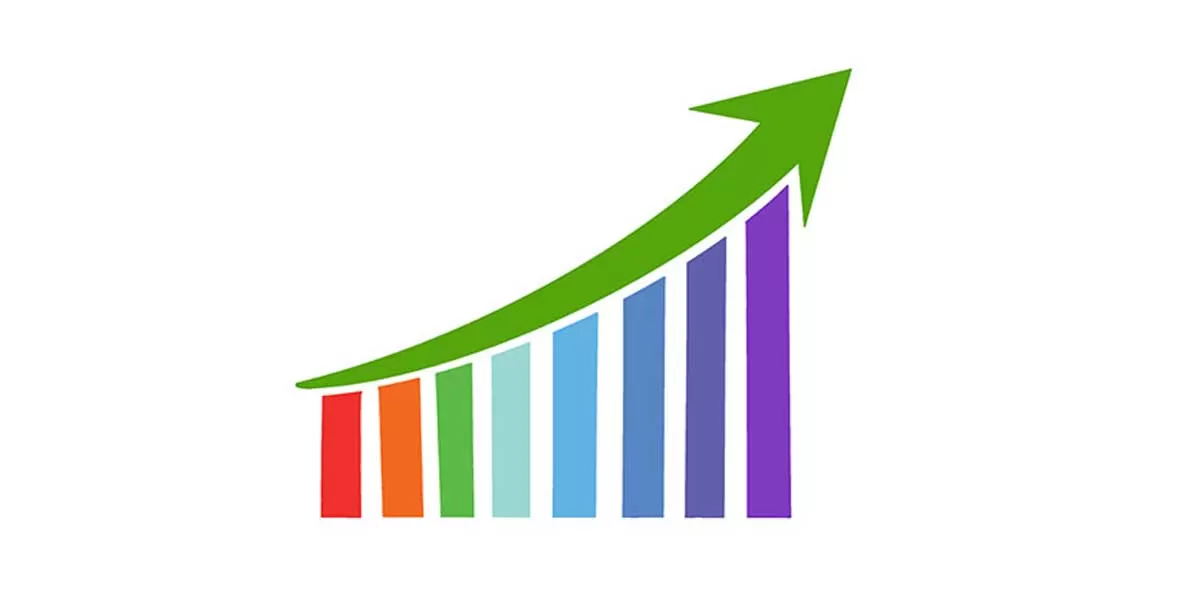
India’s Infrastructure Push to Propel Economic Growth in FY26
The Indian government’s capital expenditure on large-scale infrastructure projects, including highways, railways, and power development, along with investments in critical sectors such as defence, is expected to drive economic growth in FY2025-26 and beyond. A report by financial services firm Prabhudas Lilladher (PL) highlights the positive impact of these initiatives, with significant momentum already evident in sectors like railways, defence, power, and data centres.The 2024-25 Union Budget allocated an impressive Rs 11.1 trillion for infrastructure, and this figure is expected to increas..



